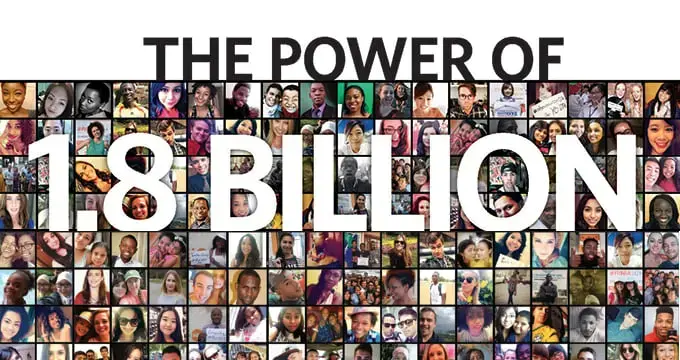DADAAB, Kenya — When Fatuma Ali and her husband began a trek from Somalia to Kenya with their four children, they knew the journey would be torturous. But it was one that they had to take.
Pregnant with her fifth child, Fatuma could no longer tolerate life in Somalia - a ravaging famine on top of one of the world’s most enduring conflicts. The punishing 17-day journey through the sandy desert into Kenya left her feet sore.
"In Somalia hospitals don't work and there is no food"
“I am pregnant and I needed food. I needed to go to the hospital. I couldn’t get all of these in Somalia because hospitals don’t work and there is no food - only war and hunger. We heard people say we could be helped here in Dadaab and we decided to come. At one time I could not walk because my feet were swollen and had sores,” says Fatuma.
With a population of 500,000, Dadaab in Northern Kenya is the world’s largest refugee camp. In July, about 1500 Somalis arrived in the camp every day. Outside her family’s makeshift tent, Fatuma narrates her story of endurance. She even smiles as she recounts her ordeal.
“I was so hungry I thought I would die”
“Every time we came across the police in Kenya, they threatened to take us back to Somalia. I was afraid because I had heard stories of women and girls being raped on their way to Dadaab. I thought I would die on the journey because I was so hungry. My children were even hungrier and my husband and I took turns in carrying them on our backs,” she says.
Today, Fatuma can access emergency antenatal care services at Hagadera clinic, a facility run by the International Rescue Committee, a UNFPA partner. In addition, Fatuma has been able to get advice on reproductive health whenever she visits the clinic. UNFPA has provided IRC and other partners with emergency reproductive health supplies to meet the needs of approximately 600,000 people in the area. Fatuma and almost 4,000 women have received UNFPA’s hygiene kits, which include soap and sanitary towels.
“I have been going to the clinic here in Hagadera and I am given treatment. I know I will be able to deliver my child alive and healthy,” she says.
Staring into the skies as she ponders the future, Fatuma says she would want to plan her family so that she is able to care for them with the little resources she has. “I don’t know how long I will be here but I know I don’t want to give birth here. I will not be able to care for all my children because my husband doesn’t have a source of income. We rely on relief food. But I am not the problem - men are the problem because they want many children to guard against calamities,” she adds.
Her story is one of endurance amidst the agony and suffering as famine continues to ravage Somalia, pushing many families into refugee camps where they seek help.
Executive Director in Dadaab and surrounding host communities
UNFPA Executive Director Dr Babatunde Osotimehin visited the area in September to highlight the plight of many thousands of women who, like Fatuma, have been affected by the famine in the Horn of Africa. He emphasised the importance of addressing the needs of pregnant and lactating women, preventing sexual violence and treating the survivors among refugees and host populations.
Through its local partners in Kenya, Somalia, Ethiopia and Djibouti, UNFPA is providing supplies, including reproductive health care kits to hospitals, primary health care facilities and communities. Clean delivery kits are distributed to the most vulnerable pregnant women among the affected communities to ensure clean and safe deliveries.
The UNFPA has also trained midwives and other health workers and provided them with the necessary medical supplies for improved quality care. Hygiene supplies are being provided to most vulnerable women and girls to cover their unique needs and maintain their dignity.
— Kenneth Odiwuor for UNFPA



